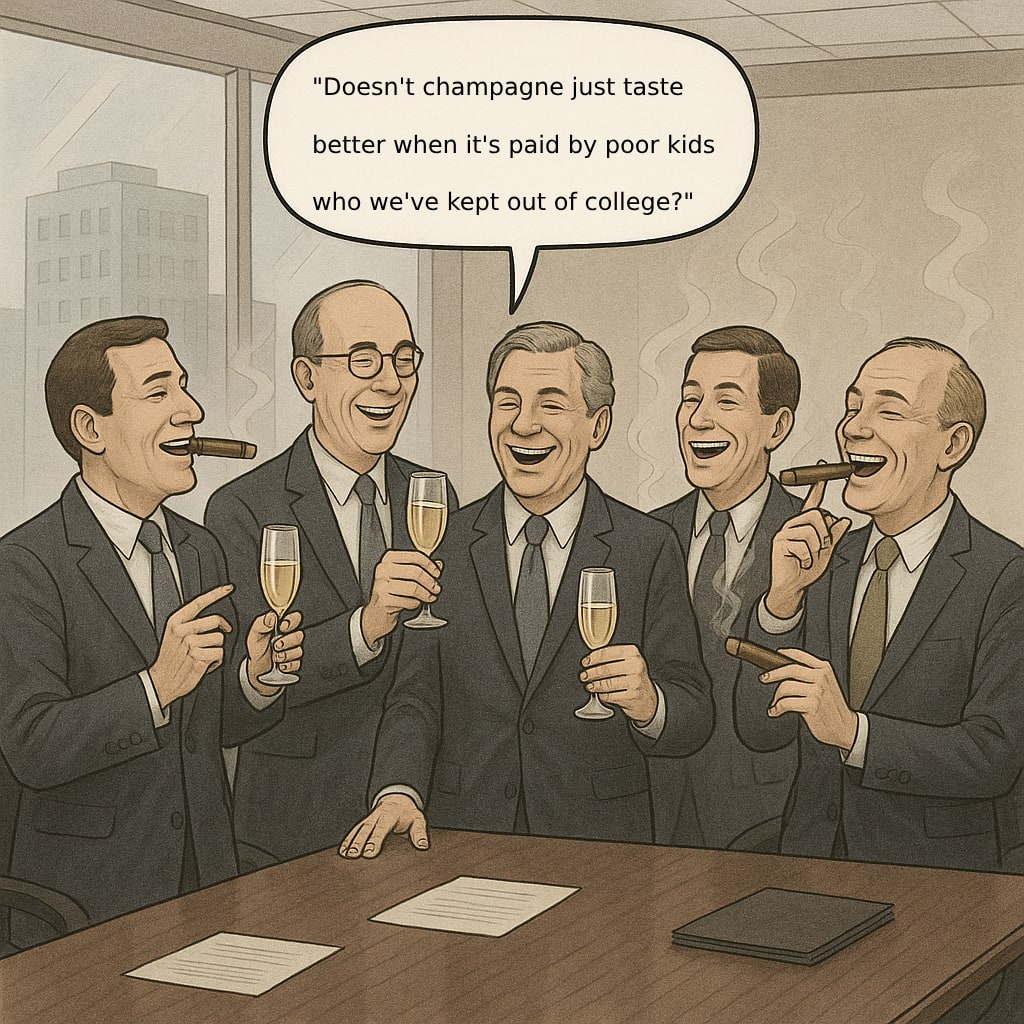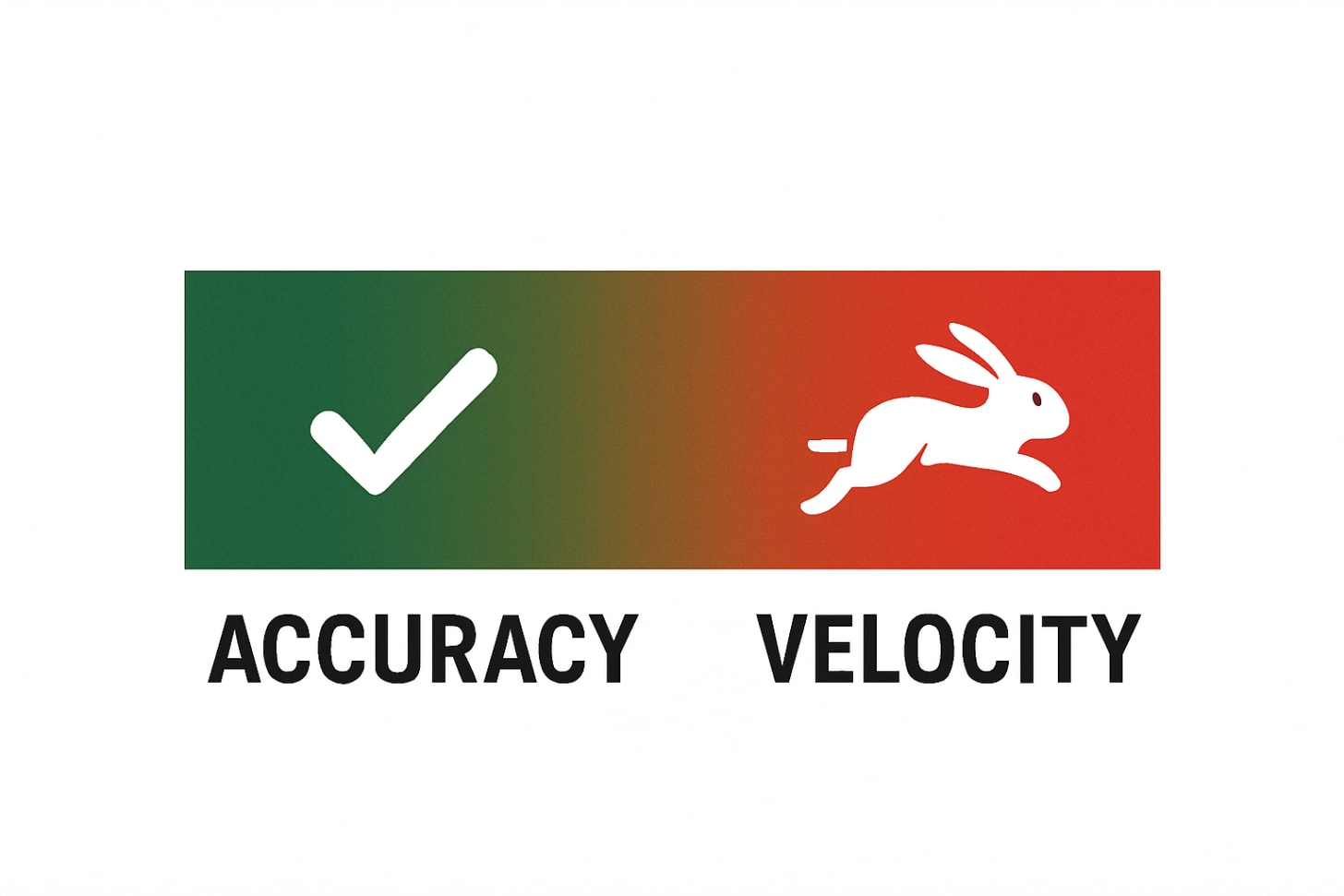My father once said that bad bosses are helpful because they teach you how not to be a leader.
If that’s the case then wow, so many people have really been helpful to me over the years.
Now I know what you’re thinking. Likely the same thing a good friend and colleague once said to me: “Edward, all I ever do is hear you complain about your bosses. Did you ever think that you’re the problem?”
And it’s true! If you truly believe everyone but you is the asshole maybe you’re the asshole.
That being said, not long after my friend questioned me he was moved under the person I’m going to describe in this newsletter. Despite 10+ years at the company my friend lasted 2 weeks under this manager before emailing the VP and threatening to quit unless he was moved out from under him (his request was quickly granted).
This is going to be a semi-regular series where I share stories from what I learned from some bosses who were…not great.
It’s been almost 10 years since the following events transpired, I feel like the statute of limitations has passed and I’m free to share.
I worked at the College Board for 5+ years as the Director of Web Production. If you don’t know, the College Board is a 125 year-old not-for-profit that’s a consortium of America’s colleges whose mission is to help kids go to college. They’re most famous for administering the SAT and the Advanced Placement program.
While it gets a lot of hate I think it’s largely undeserved. IMHO standardized tests reveal inequality, they don’t create it. All proposed alternatives (e.g. extracurriculars or race) are more unfair and biased than standardized tests. It’s true rich kids spend money on test prep but the effects are modest. Decades of research have consistently shown that high school grades + standardized test scores are far and away the most predictive data point for a college freshman’s GPA.
Don’t get me wrong: the College Board has real issues. But I don’t think it’s the center of all evil it’s made out to be in some corners.
When I worked there Content Management Systems (CMS) were arcane, rigid pieces of software that cost a lot of money to license and required teams of developers to maintain. Personally I liked working inside the CMS since it often interfaced with the business, which was more interesting to me than reviewing what JAR files had changed in an upcoming release.
The WordPress revolution however made CMSes so simple anyone could use them. Over time I could see the need for my specialty disappearing, so I went back to school at night to get my master’s in Computer Science. I wanted to make myself more appealing to Big Corp who didn’t trust my undergraduate degree in English. Toward the end of my time there I was ready to move on but still waiting for the right opportunity. Enter my final boss.
In my 5+ years at the College Board I had (IIRC) 8 different supervisors. CEO Gaston Caperton left in 2012, triggering a series of re-orgs that never really stopped while I was there as they tried to figure out what to do with the website.
My 8th and final manager, let’s call him Phil.
I’m not going to describe his background or experience lest people attempt to identify him. Let’s just assume he teleported in from outer space.
During my first meeting with Phil I was trying to describe our biggest problem: how slow we were in building websites. We were always building new websites because the company could never internally agree on what its websites should be.
Every few years the argument inside the company would go like this:
Internal whiner 1: “I hate this massive monolithic website! It’s huge! I can’t find my super duper important stuff. It takes too many clicks, I can’t control the layout. I want it to be uniquely branded and I want more control! Why are we all prisoners to this massive single website? The company has a ton of divisions and our online presence should better reflect that! This sucks!”
We’d then spend years breaking out our massively monolithic website into dozens if not hundreds of unique, special, snowflake microsites. Which inevitably would trigger this conversation:
Internal whiner 2: “I hate these hundreds of microsites! It’s too many! Too confusing! Nobody can find my super duper important stuff because it’s scattered across too many microsites! Also, you built some Super Awesome Feature for [SAT or AP] but we’re not on their website so we don’t get to use it! This sucks!”
After a few years of merging websites the cycle would repeat.
I told Phil where we were locked in this Sisyphean cycle and that while the business would never fully make up its mind as to what it wanted we could at least execute a lot better on whatever the latest direction was.
Specifically every engineering effort is almost always a tradeoff between velocity and accuracy. This was not super insightful on my part, it was around the time when Meta popularized the phrase Move Fast and Break Things, but we were squarely in the corner of accuracy, crippling our velocity.
On the whiteboard I drew this:
I said we needed to put on our Big Boy Pants™ and accept some errors in order to move faster, that taking multiple years to build a pretty straightforward website was ridiculous and only exacerbated the organizational flip-flopping.
Phil thought for a minute and said, “This would be better represented by a triangle.” He spent the rest of the meeting drawing triangles and lectured me how to “better visually represent” this idea. Then he asked “what other areas” he could coach me.
This, I thought to myself, was not going to be good.
One of my philosophies on management is your main job is to lift people up. Very few tools exist for any manager to change the behavior of an employee. What are you going to do if they didn’t complete their work, beat them with a stick? Instead lead by example and try to inspire them to do better, and try to shield them from institutional dysfunction or chaos.
For new managers, step one should be to serve as an active listener, learn the lay of the land before taking positions on issues or assessing people’s contributions. When a new manager comes in hot and starts lecturing long-tenured employees the first week it rarely forebodes a happy ending.
I wish I could say I received the worst of his behavior but alas, my poor colleagues.
Not long after Phil started the South by Southwest (SXSW) festival was being held in Austin. Originally a 1987 music festival it’s grown over the decades to include film and “interactive.” Lots of startups and other tech companies head there annually to hobknob and see what other people are doing in the space.
Another colleague who’d booked travel had to drop out due to illness so Phil took her spot. Instead of handling the changes himself however he emailed a young female project manager who did not even report up into him and demanded she adjust the hotel reservation on his behalf.
She did, just because he was new and she didn’t want to create conflict, but obviously she resented being treated like an admin, especially by someone not even in her reporting chain.
Once in Austin one of the many digital agencies we paid was holding a party. Phil told this same woman that he “didn’t feel comfortable” bringing her because his boss didn’t explicitly specify her when inviting him.
He left her behind.
If you’ve ever been to an ad agency party, especially one at a conference, I promise you these are not exclusive, black-tie affairs. Of course she could have gone but even after she went out of his way to help him he didn’t care about excluding her.
Interactions with Phil were often like that. He’d (often rudely) demand you do something then he’d omit you from some meeting or function because he wanted to highlight himself.
Personally I try to treat interns the same way I treat the CEO: with respect. Obsessing over status or hierarchy in a company — who cares? Honestly. Get a life. Go outside, touch some grass.
My main issue with Phil was not that he was arrogant, or that he treated others (especially women, IMHO) poorly. It was that he had no demonstrable expertise in web.
He wasn’t an engineer, a designer, a product or project manager. He didn’t work in the education field and had no special leadership abilities. As far as I could tell he was just some guy who’d used the internet and had opinions on it.
Which honestly would’ve been fine — if he’d just stayed out of my way and let me do the work. But not only did he reject my advice of allowing for some errors so we could build websites faster he often intervened in ways that were just counterproductive.
At the College Board AP and SAT score releases were always the biggest events of the year, but after that was something called College Bound Seniors. Essentially it was an annual report card on the state of high school education (since, pre-Covid, you could benchmark students’ performance across states).
When I was eyeballs deep in prepping the website he tried scheduling a meeting with me (after ghosting me during our regularly scheduled sync). I said no, this project is really important, I have to block out time to work on this. Outside of unforeseen scandals CBS was the one time a year mass media wrote about the College Board, it was important to get it right. I told him if you need something just tell me otherwise it can wait.
We argued for a while before he relented. When we finally met (post-release) he wanted to talk about…absolutely nothing. He literally had no agenda, the entire charade was a power struggle triggered by me rejecting his meeting request.
He reminded me a lot of Dilbert's Topper. What, you won’t accept that meeting time? THEN WE’LL MEET RIGHT NOW! Take THAT!
When I resigned, having taken a job at a small environmental nonprofit that would allow me to do things Big Corp wouldn’t, I told him in person. He seemed to take it well. After work I emailed to say, “Hey, sorry, I forgot I have jury duty tomorrow. I’ve postponed it as many times as I can. Most likely I won’t be selected and it’ll just be a day.”
Phil emailed me back right away, CC’ing HR. “I find it really hard to believe you forgot about jury duty. This is unacceptable.”
Unacceptable? How about I quit right now? Who do you think the two-week notice period is for, me? Exactly what punishment was the College Board going to dish out to someone who’d already resigned?
CC’ing HR is always a weird flex. The person he’d added was actually the HR rep who extended me my original offer and I knew her well. She told me she privately emailed him afterward, “Never CC me on another email.”
Phil claimed he wouldn’t attend my goodbye party, then showed up behind the COO — I guess suddenly the party was now worth attending. In his goodbye to me did this weird fake multi-punch into my stomach. OK, thanks Phil. That was special.
Unable to provide useful expertise in his day job, lack of judgment in HR issues and awkward personal interactions — he checked a lot of anti-leadership boxes for me.
Phil lasted another couple of years but didn’t go out without a bang.
In one of his final meetings he got angry with a group of 3 female colleagues and jumped to his feet to yell at them.
They were horrified. Not by the yelling, but because his fly was open. And he wasn’t wearing any underwear.
If you’re going to offend your colleagues I guess do it in a way they will never forget.
For me there were several lessons.
First, specializing in specific areas of expertise is important to provide value. You can be a generalist (or, as they say, a fox) but providing meaningful contributions involves providing a certain level of domain knowledge that is not obvious to the rest of the company.
Second, treat others with respect. That doesn’t mean you can’t have vigorous arguments but there’s almost never a reason to raise your voice or yell at anyone. Even in life or death scenarios (cockpits, operating rooms) no one yells at each other. It’s unproductive. Stay cool, stay calm, and convey yourself calmly, if passionately.
Third, wear underwear to work.
That being said, it’s easy to dunk on yo-yos and much harder to describe what good leadership looks like. If I’m so great then what’s my leadership philosophy? Who do I admire and what qualities do they exhibit?
Totally fair, so I’ll write a parallel series of Leadership Lessons from Good Bosses, which I’m happy to do if I can make it sound like anything other than LinkedIn hustle porn.
Still working out how I can better visualize that, one triangle at a time.
.png)







